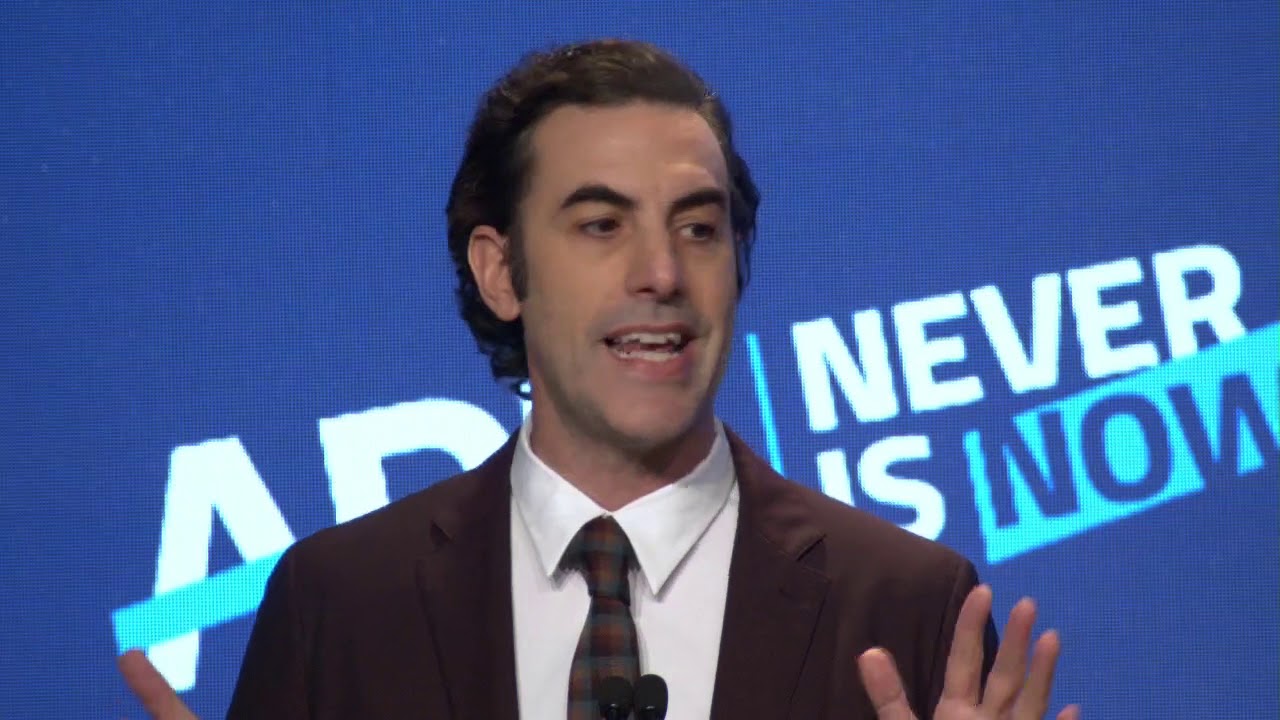
Twitter initiates a second reform in response to the growing criticism of social media
Following their introduction, Facebook, Twitter, YouTube, and other social media and internet platforms were enthusiastically supported as facilitators of the open sharing of knowledge.
However, while they remain very popular and there’s a good evidence base for their workplace knowledge sharing benefits, these platforms are facing increasing criticism for having become havens for hate, trolling, racism, bigotry, and the spread of disinformation and conspiracy theories.
Comedian Sacha Baron Cohen captures this growing concern in the widely reported speech he recently gave when receiving the Anti-Defamation League International Leadership Award (see the video above), and we’ve also discussed the knowledge distortion problems of social media and internet platforms in previous RealKM Magazine articles. For example, how Twitter bots and Russian trolls amplify the vaccine debate, how conspiracy theories in regard to mass shootings are reinforced by social media, and how the knowledge management community can respond to the Russian fake news “information warfare” campaign that was conducted in the lead-up to the 2016 United States presidential election.
Reacting to the rising criticism, Twitter CEO Jack Dorsey announced in October that there would be a ban on political advertisements on that platform. However, despite a rising backlash, Facebook CEO Mark Zuckerberg is so far steadfastly refusing to do the same.
Yesterday, Jack Dorsey initiated a further reform, announcing in a series of Tweets that Twitter is funding the development of an open and decentralized standard for social media, with the aim of ultimately being a client of this standard.
In response to the announcement, commenters have put forward the decentralized social networking protocol ActivityPub for consideration.
The following is a transcript of Jack Dorsey’s Twitter announcement:
Twitter is funding a small independent team of up to five open source architects, engineers, and designers to develop an open and decentralized standard for social media. The goal is for Twitter to ultimately be a client of this standard.
[T]witter was so open early on that many saw its potential to be a decentralized internet standard, like SMTP (email protocol). For a variety of reasons, all reasonable at the time, we took a different path and increasingly centralized Twitter. But a lot’s changed over the years…First, we’re facing entirely new challenges centralized solutions are struggling to meet. For instance, centralized enforcement of global policy to address abuse and misleading information is unlikely to scale over the long-term without placing far too much burden on people.
Second, the value of social media is shifting away from content hosting and removal, and towards recommendation algorithms directing one’s attention. Unfortunately, these algorithms are typically proprietary, and one can’t choose or build alternatives. Yet.
Third, existing social media incentives frequently lead to attention being focused on content and conversation that sparks controversy and outrage, rather than conversation which informs and promotes health.
Finally, new technologies have emerged to make a decentralized approach more viable. Blockchain points to a series of decentralized solutions for open and durable hosting, governance, and even monetization. Much work to be done, but the fundamentals are there.
Some of these issues were emphasized by @stephen_wolfram in a blog post following his Senate hearing titled “Optimizing for Engagement: Understanding the Use of Persuasive Technology on Internet Platforms”.
writings.stephenwolfram.com/2019/06/testifying-at-the-senate-about-a-i-selected-content-on-the-internet/Recently we came across @mmasnick’s article “Protocols, Not Platforms” which captures a number of the challenges and solutions. But more importantly, it reminded us of a credible path forward: hire folks to develop a standard in the open.
knightcolumbia.org/content/protocols-not-platforms-a-technological-approach-to-free-speechSquare is doing exactly this for bitcoin with @SqCrypto. For social media, we’d like this team to either find an existing decentralized standard they can help move forward, or failing that, create one from scratch. That’s the only direction we at Twitter, Inc. will provide.
Why is this good for Twitter? It will allow us to access and contribute to a much larger corpus of public conversation, focus our efforts on building open recommendation algorithms which promote healthy conversation, and will force us to be far more innovative than in the past.
There are MANY challenges to make this work that Twitter would feel right becoming a client of this standard. Which is why the work must be done transparently in the open, not owned by any single private corporation, furthering the open & decentralized principles of the internet.
We’d expect this team not only to develop a decentralized standard for social media, but to also build open community around it, inclusive of companies & organizations, researchers, civil society leaders, all who are thinking deeply about the consequences, positive and negative.
This isn’t going to happen overnight. It will take many years to develop a sound, scalable, and usable decentralized standard for social media that paves the path to solving the challenges listed above. Our commitment is to fund this work to that point and beyond.
We’re calling this team @bluesky. Our CTO @ParagA will be running point to find a lead, who will then hire and direct the rest of the team. Please follow or DM @bluesky if you’re interested in learning more or joining!
Also published on Medium.






